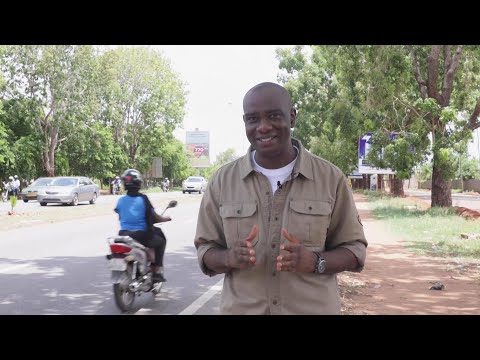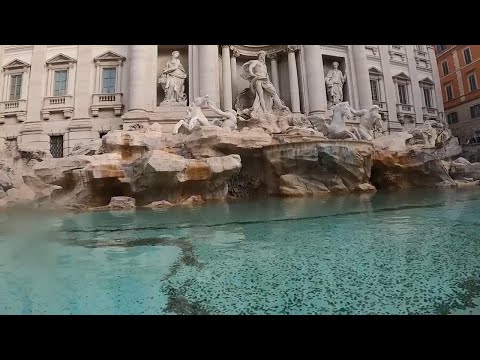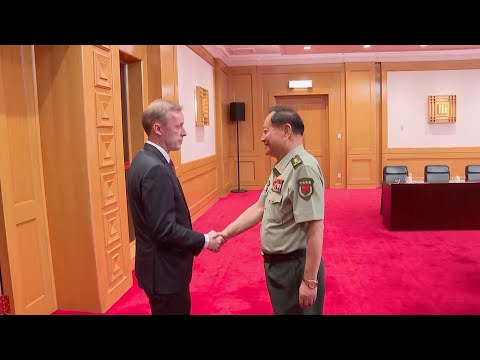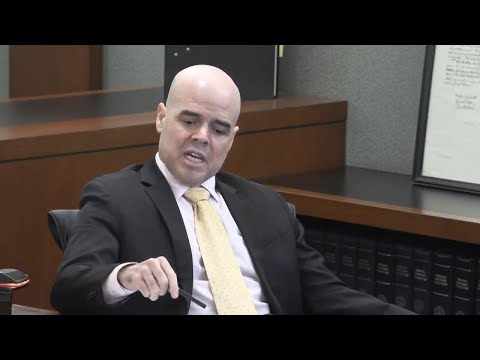(26 Apr 2024)
RESTRICTION SUMMARY:
ASSOCIATED PRESS
Lome, Togo – 25 April 2024
++STARTS ON SOUNDBITE++
1. SOUNDBITE (English) Erick Kaglan, Associated Press:
“Togo will head to the polls Monday in legislative elections that follow a series of government crackdowns on opposition protests and the passing of a controversial new constitution that could allow the President to stay in power indefinitely. President Faure Gnassingbé’s family has been running the West African country for six decades, making it one of the longest-ruling families in Africa. Gnassingbé took power in 2005 after his father’s death. Now, Gnassingbé’s party with the majority in parliament, has passed a constitution – which Gnassingbé himself is yet to sign off on – which would have parliament choose the president instead of a direct vote by people. This has been criticized by civil society organisations and opposition supporters as anti-democratic, as it would allow Gnassingbé to essentially stay in power indefinitely. Heading into the election, opposition protests are banned, foreign reporters forbidden from covering the election and the Catholic church barred from serving as observers. Monday’s vote would give the opposition a chance to gain more seats in parliament, which could give them more say on major policy changes – like the passing of a new constitution. However, if President Gnassingbé signs off on the constitutional changes before the election Monday, whatever new parliament is assembled after the vote will no longer have a say."
2. Wide of street
3. Various of political posters
4. Various of students walking
ASSOCIATED PRESS
Lome, Togo – 13 April 2024
5. Various of political posters
STORYLINE:
Togo will head to the polls Monday in legislative elections that follow months of government crackdowns on opposition protests and the passing of a controversial new constitution that could allow the president to stay in power indefinitely.
President Faure Gnassingbé’s family has been running the West African country for six decades, making it one of the longest-ruling families in Africa.
Gnassingbé took power in 2005 after his father’s death.
Now, Gnassingbé’s party, with the majority in parliament, has passed a constitution – which Gnassingbé himself is yet to sign off on – which would have parliament choose the president instead of a vote.
This has been criticized by civil society and opposition supporters as anti-democratic, as it would allow Gnassingbé to essentially stay in power indefinitely.
Heading into the election, opposition protests are banned, foreign reporters forbidden from covering the election, and the Catholic church barred from serving as observers.
Monday’s vote would give the opposition a chance to gain more seats in parliament, which could give them more say on major policy changes – like the passing of a new constitution.
However, if President Gnassingbé signs off on the constitutional changes before the election Monday, whatever new parliament is assembled after the vote will no longer have a say.
===========================================================
Clients are reminded to adhere to all listed restrictions and to check the terms of their licence agreements. For further assistance, please contact the AP Archive on: Tel +44(0)2074827482 Email: info@aparchive.com.
Find out more about AP Archive: http://www.aparchive.com/HowWeWork
Twitter: https://twitter.com/AP_Archive
Facebook: https://www.facebook.com/APArchives
Instagram: https://www.instagram.com/APNews/
You can license this story through AP Archive: http://www.aparchive.com/metadata/youtube/85e9eae590b5499581f02ce0d2c69f05





